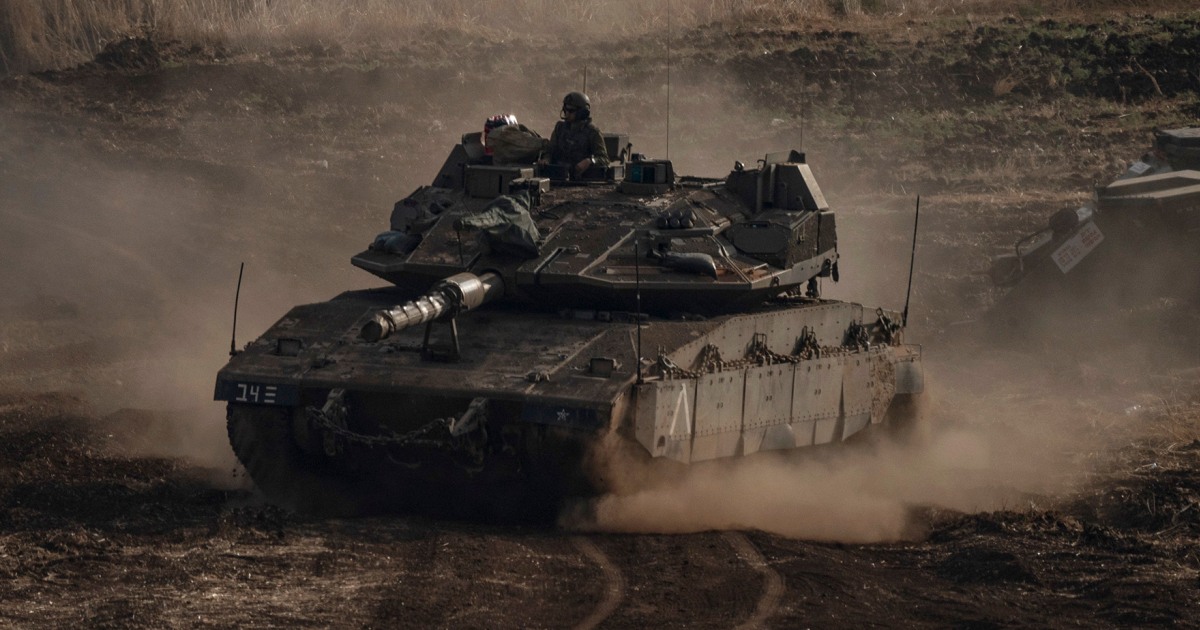Live updates: Iran says it has concluded its attack on Israel

Fears are growing in southern Lebanon of what the days, weeks and potentially months ahead will look like after Israel launched what it said were “limited” ground raids across the border.
Bassam el Hajj, a 60-year-old teacher living in the Lebanese border town of Rmeish, told NBC News that he feared for the worst last night after noticing Lebanese troops withdrawing from the area.
“We felt that there was something serious taking place – and soon,” he said in an interview this morning. Then, el Hajj said, he heard “very close clashes” near his village, with the sounds of fighting “surrounding us from all directions.”
Both el Hajj and Charbel, a 35-year-old who asked that his last name be withheld out of fear of professional repercussions, said all appeared to be quiet at around 10 a.m. local time (3 a.m. ET).
Still, Charbel said, “the situation is difficult and critical. We are scared and we want the Lebanese army to stay in our villages.” He also expressed fears for the future if Israel continues its campaign, saying he worried families would run out of “fuel, bread, medication or drinking water.”
“I don’t know if you’re getting the message, but if the situation persists, it is going to be extremely hard,” he said.
Related
What’s at stake for American culture with Trump’s Kennedy Center…
In her two decades as a human rights lawyer, working on issues in more than 25 countries, Hadar Harris says she is alarmed by what she's witnessing on U.S. soil
Denmark lost 52 soldiers fighting alongside the US. Now it…
Nick BeakeEurope correspondentBBCAll his adult life, Colonel Soren Knudsen stepped forward when his country called. And when its allies did.He fought alongside
As Trump upends foreign policy, Berkeley scholar sees irreparable damage…
Last week’s Oval Office blowup with Ukrainian President Volodymyr Zelensky exemplified what many foreign policy experts have long feared: that th
Trump creates a task force for the North American 2026…
President Donald Trump creates a task force to prepare for the 2026 W











